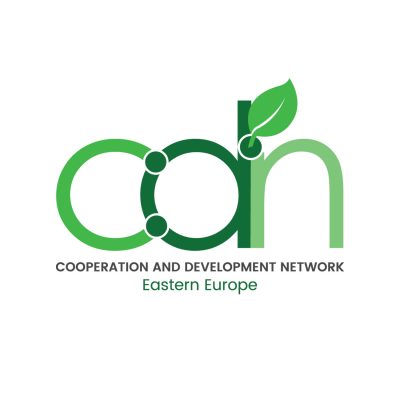About this project
Urbanism and Gender are strongly related topics and should be looked at together. In many Eastern European countries, bad city planning is failing young women and LGBT+ youth. Basic safety is a top concern for women and queer people in public spaces, public toilets are often insecure for us , the streets around suburban areas do not have enough street lightning, side walks are very narrow or do not exist at all. This causes discomfort for the pedestrians and often is not safe, the number of properly functioning public toilets are very low and are strictly divided into 2, which is another concern for gender queer people. All these put young women and queer individuals under big risk of facing different types of violence, including sexual. As a result, young LGBT+ individuals and women feel insecure to leave their houses when it gets dark. Additionally, women and queer people even in the city center can be followed and face verbal abuse. Around suburban areas of the city such cases are even more extreme – in some countries, women who are seen in public in late hours can be stigmatised. All the above mentioned issues are closely tied with the class, religious and ethnic background, education and other social aspects.
This is why the project partners aim to empower the young activists from the Eastern Europe to reach out and influence the local authorities through advocacy for improving urban infrastructure for all.
This project consists of three activities, where we will explore inclusive urban planning, lobbying for better cities and practical Local Actions. The project target group are the young people from the Central and Eastern Europe (Albania, Armenia, Azerbaijan, Belarus, Bosnia and Herzegovina, Bulgaria, Croatia, Cyprus, Czech Republic, Estonia, Georgia, Greece, Kosovo*, Latvia, Lithuania, Hungary, Moldova, Montenegro, North Macedonia, Poland, Romania, Russia, Slovenia, Slovakia, Serbia, Turkey, Ukraine).
This project is organised by the Green European Foundation with the support of Cooperation and Development Network Eastern Europe, with the financial support of the European Parliament to the Green European Foundation and supported by the European Youth Foundation of Council of Europe.


